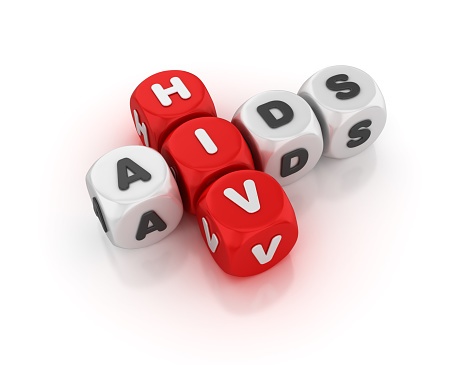A study published in BMC Public Health reported that young people living with human immunodeficiency virus (HIV) transitioning into adulthood in rural Kenya faced several social challenges at the individual, family, and community levels, some of which were cross-cutting (affecting most or all aspects of development).
The study’s lead author, Moses K. Nyongesa, stated that the results highlight the need for “multi-level youth-friendly interventions that can address modifiable challenges encountered by emerging adults living with HIV in this and similar settings.”
The study’s collaborators conducted a series of in-depth interviews with a convenience sample of 22 young adults, of which 12 were female, in the rural coastal area of Kilifi in Kenya, and thematically analyzed the data.
On the individual level, the key challenges reported by the participants were: acceptance of positive HIV status, antiretroviral adherence, economic burden of accessing healthcare, building an intimate relationship, mental health issues, and HIV status disclosure. At the family level, common challenges included death of parents, poverty, and being unaccepted. Lastly, at the community level, socialization difficulties and long waiting time at HIV clinics were highlighted. HIV discrimination and stigma were also commonly reported across all three levels. Conversely, economic independence, social support, and reliance on spirituality appeared to aid positive coping among the patients.
According to the authors, this study helped alleviate a lack of data on challenges faced by young people with HIV transitioning into adult life in rural Africa. They stressed the need for interventions to address these challenges and suggested that “such interventions should incorporate appropriate context-specific support structures that may help these young people smoothly transit into adult life.”
Source: BMC Public Health
https://bmcpublichealth.biomedcentral.com/articles/10.1186/s12889-021-12440-x









